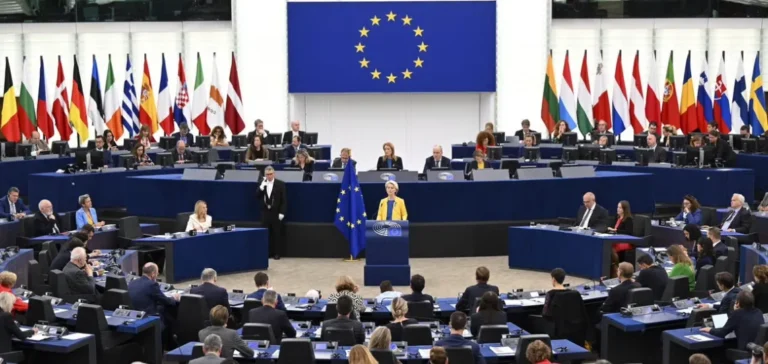The European Union has recently developed a regulatory framework aimed at reducing energy costs for electricity-intensive industries, such as metallurgy and chemicals. These measures, included in the proposed regulation titled the “Clean Industrial Deal,” must still be approved by EU member states. The document specifies the modalities of temporary aid, defined for a maximum duration of three years and capped until 2030. The stated objective is to mitigate the loss of European industrial competitiveness resulting from significantly higher energy prices compared to international markets.
Precise Terms of the Aid
In practical terms, these state aids would be limited to covering up to 50% of the eligible companies’ annual electricity consumption. The amount covered by public authorities cannot exceed half of the average price observed on European wholesale markets. These strict criteria aim to prevent any lasting distortion of the internal market and ensure the measures remain targeted and temporary. Companies wishing to receive this support must also demonstrate their exposure to a concrete risk of relocation due to excessive energy costs.
This initiative comes at a time when energy prices in Europe remain elevated, influenced by climate policies and fluctuations in the global natural gas market. Energy costs now constitute a significant portion of operational expenses for the most impacted industries, sometimes representing up to 60% of total costs, particularly in the metallurgy sector. Representatives from this sector, however, advocate for additional measures, believing the proposed aid insufficient to significantly reduce the risk of relocation to regions outside Europe where energy costs are lower.
Mixed Reactions from the Industrial Sector
Despite initially welcoming the idea of temporary support, some major players, including Eurometaux, the European association of non-ferrous metals industries, have expressed reservations. This organization believes the new regulations lack structural solutions for the sector, notably because they do not include mechanisms compensating costs related to indirect emissions. Industry representatives are also calling for simplified access to long-term electricity purchase contracts (Power Purchase Agreements, or PPAs), which they consider crucial for securing stable energy supplies at controlled prices.
Moreover, these proposals must overcome significant legal and political challenges before implementation. Several EU member states have expressed concerns about a possible distortion of competition within the European single market. Therefore, consensus must be reached within the European Council, with expected debates on balancing necessary economic support with maintaining strict internal market rules.
Outlook for the European Market
This regulatory framework is part of a broader strategy, the “Clean Industrial Deal,” which aims to enhance European industrial competitiveness while facilitating its energy transition. It also includes measures such as revising national electricity taxes, encouraging low-risk energy futures contracts via the European Investment Bank (EIB), and establishing Contracts for Difference (CfD) to stabilize energy prices.
The proposal will be examined by member states in the coming months, initiating a complex negotiation period as industrial actors lobby for major adjustments. Final decisions on this framework could have a lasting influence on the strategic decisions of European energy-intensive industries, determining whether they remain or relocate to other regions with more favorable energy conditions.






















